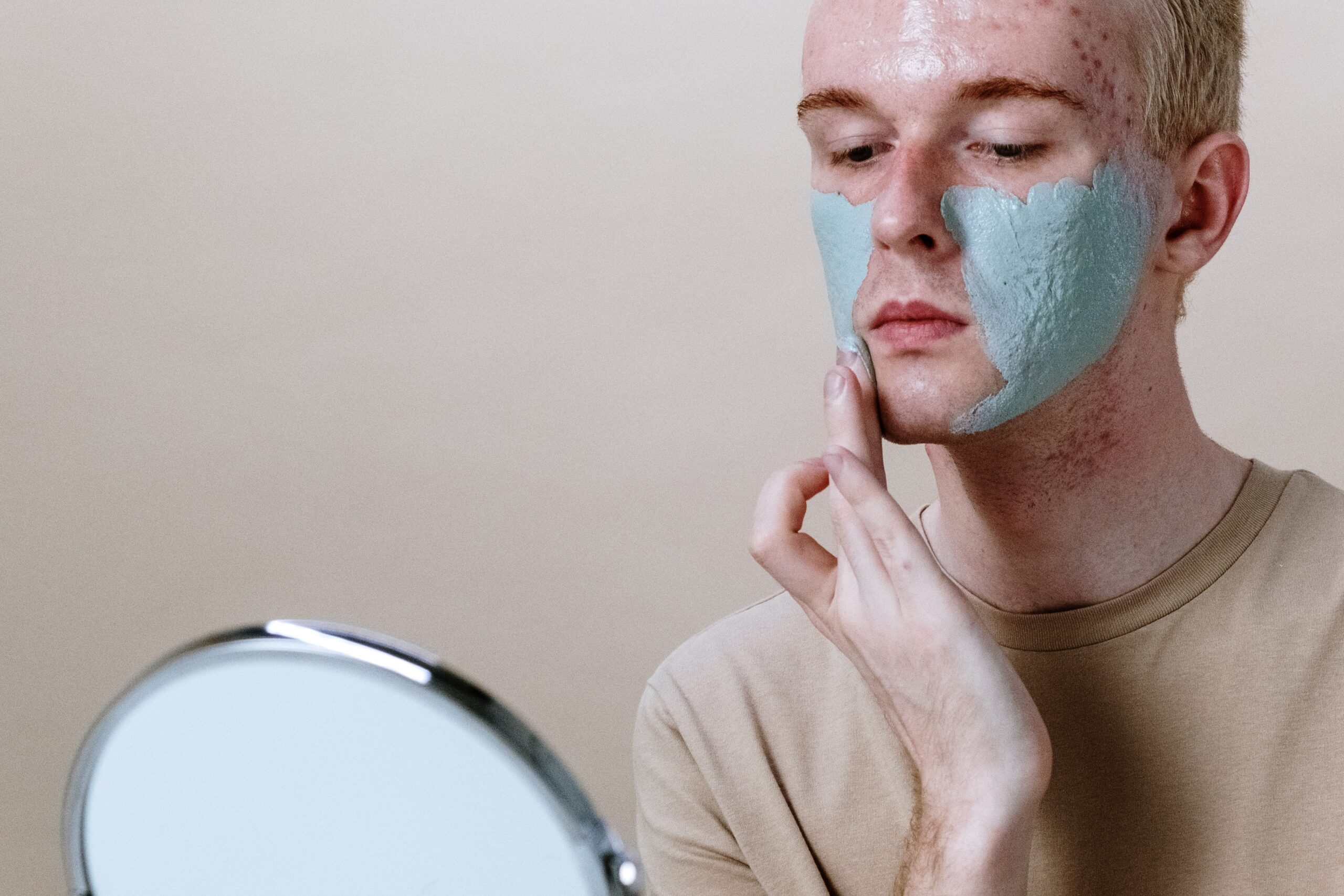
Relaxation and Cognitive Therapy
Cystic acne is an inflammatory skin disease which is significantly influenced by the level of stress, as well as emotions. The pathways through which stress and emotion have an impact on the nervous system, immune system, as well as the hormonal system and their subsequent influence on inflammation and autonomic functioning, are not yet clearly understood. However, it is known that psychological factors can promote as well as aggravate skin disorders like acne which are related to anxiety, stress and even depression.
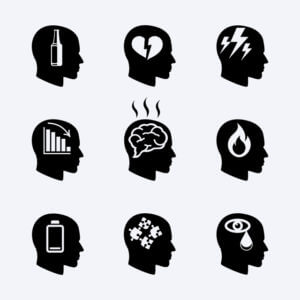
Since the psychological impacts of cystic acne can be quite profound, some research has been devoted to assessing psychological treatments. Acne vulgaris usually becomes aggravated when the person is subject to stress and also during the premenstrual timeframe. As the outbreak of the acne it comes worse, most people begin to get more and more stressed and this results in the reputation of a vicious acne new outbreak cycle.
The traditionally used or usual acne treatment options may be helpful in improving this aggravated outbreak of acne as well as decreasing the stress levels of the patient (stress related to the issue of having chronic outbreaks of cystic acne). Patients can also reduce their level of stress using various relaxation techniques.
Medications that decrease the levels of anxiety or depression experienced due to suffering from chronic acne are generally useful. At present, there is no specific or direct anti-stress medication made for this purpose specifically. Acne related anxiety as well as issues of low self-esteem or depression are generally managed and treated using anxiolytic medications as well as antidepressants . The non-pharmacological treatment options for the decrease of stress include the following: relaxation techniques, meditation, self-hypnosis, increasing the level of physical exercise, or biofeedback. All these methods can directly be helpful in counteracting anxiety and stress resulting from psychological issues of dealing with chronic acne.
Heart rate variability (HRV) biofeedback together with slow and deeper breathing techniques has also been documented has been effective in reducing the impact of stress and emotion. At present in the market there are a few compact and very portable, handheld HRV biofeedback devices like the HeartMath emWave® personal stress reliever as well as the StressEraser® for handling stress tension and anxiety.
All these non-pharmacological treatment options are helpful in counteracting stress, anxiety, depression and emotion in acne patients.
It is essential to reduce the stress as well as emotion stemming from inflammatory skin conditions like cystic acne. A number of recently done research studies in dermatology clinics have shown that at least 12% of patients suffer from psychosomatic disorders. Together with the use of suitable treatment options for cystic acne, it is imperative to reduce stress, emotional turmoil, as well as bad behavioral habits. These can pose as obstacles to the proper healing process of the skin, which can lower the patient’s overall response to treatment.
Acne excoriée is an acne condition that is also called “picker’s acne.” This condition happens or comes about when a person squeezes and scratches acne cysts in a compulsive fashion and results in the formation of scabs and scars. Acne excoriée is usually very common in adolescent females and have been thought to be related to issues of underlying depression, anxiety as well as emotional tension in chronic acne patients.
A number of acne patients that regularly pick at the acne lesions a lot are basically impulsive in this bad habit. Together with standardized treatment options for any kind of acne, it is important to decrease and stop this impulse based picking habit for one’s mental well-being. Cognitive-behavioral techniques or hypnosis, as well as self-hypnosis, can be used.
Cognitive Behavioral Therapy
Cognitive-behavioral treatment techniques and methodology work by changing the patient’s dysfunctional habits through interruption and change of the basic dysfunctional thought process or patterns (known as cognitions) or actions (also called behaviors) which cause damage to their skin or are interfering with the healing process or the used dermatological treatment therapy.
Biofeedback Methods
Biofeedback can improve a patient’s awareness levels of impending tension and help them relax. This can prevent or improve skin diseases like cystic acne, which are known to be precipitated or aggravated due to stress and are also linked to the autonomic nervous system’s functions.
Biofeedback of skin temperature using a temperature sensitive strip or through the use of a thermocouple have been of use in promoting relaxation as well as reducing stress and tension. HRV biofeedback has also been helpful in reducing the stress response which is responsible for exacerbating inflammatory skin issues like cystic acne. Hypnosis is known to promote relaxation while improving the impact created by biofeedback.
Hypnosis
Hypnosis as a treatment option is quite useful in reducing stress and tension created by dermatologic conditions like chronic acne. Medical hypnotherapy consists of providing guidance to the patient and helping them to get into a trance-like state in which they have narrow awareness, focused attention, selective wakefulness as well as a level of heightened suggestibility towards a particular aim like being relaxed, the reduction of pain as well as bringing award changes in bad habits.
A comparison of the hypnotic trance with the patient’s normal waking state has found significant variations in the flow of blood in various regions of the cerebral part of the brain and also in EEG patterns. It has been suggested that the manner in which hypnosis might make suggestions more efficient is through the inhibition of competing thoughts thus making sure that the focus of the patient is only on the suggested course of action. Hypnosis might be helpful in improving the degree of severity of acne lesions and also in preventing incidents of acne excoriée.
Latest articles

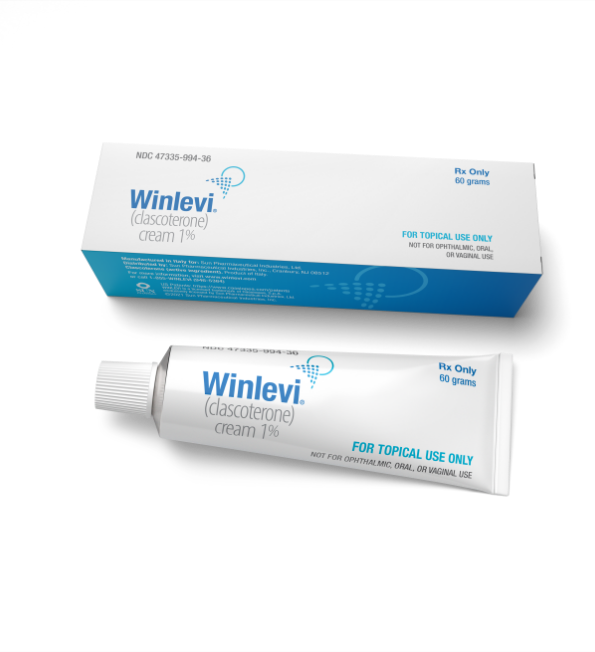
Hormonal Acne Treatment with Topical Creams
Acne Expert Staff
August 5, 2023
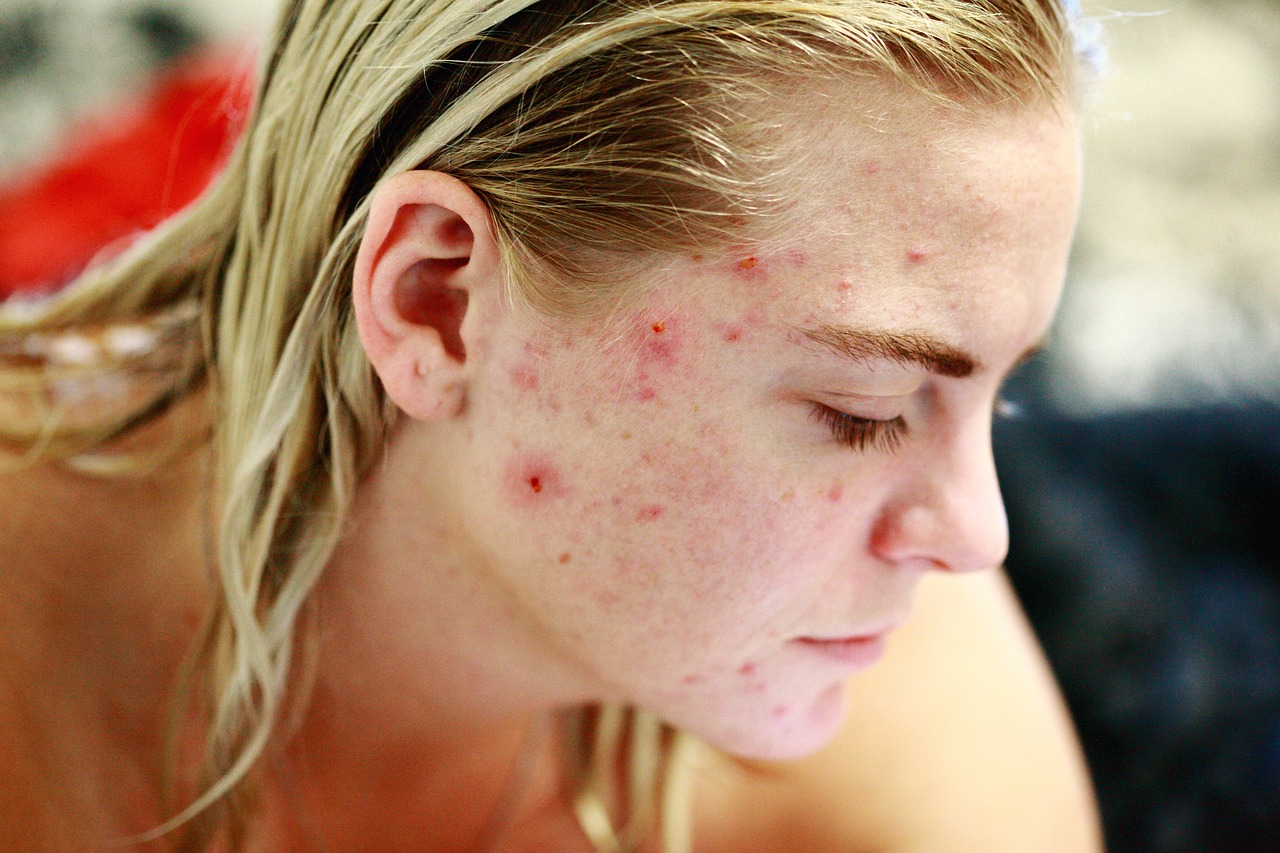
Cystic Acne on the Back: Best Treatment Options
Acne Expert Staff
August 5, 2023
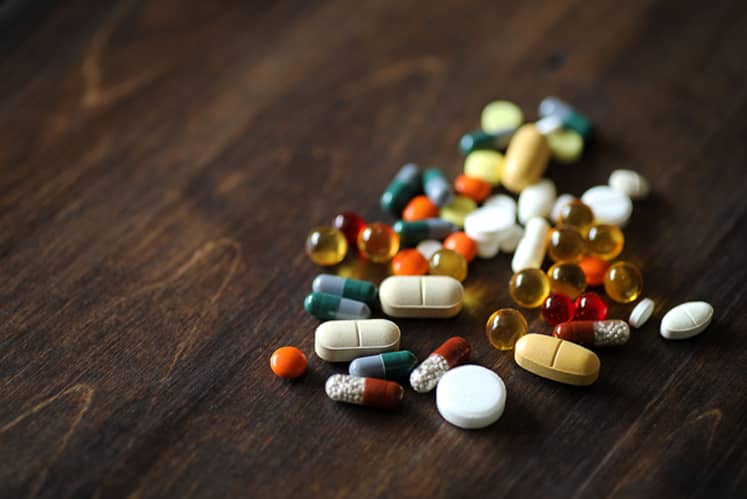
Top Supplements for Treating Cystic Acne
Julia Thompson
August 4, 2023
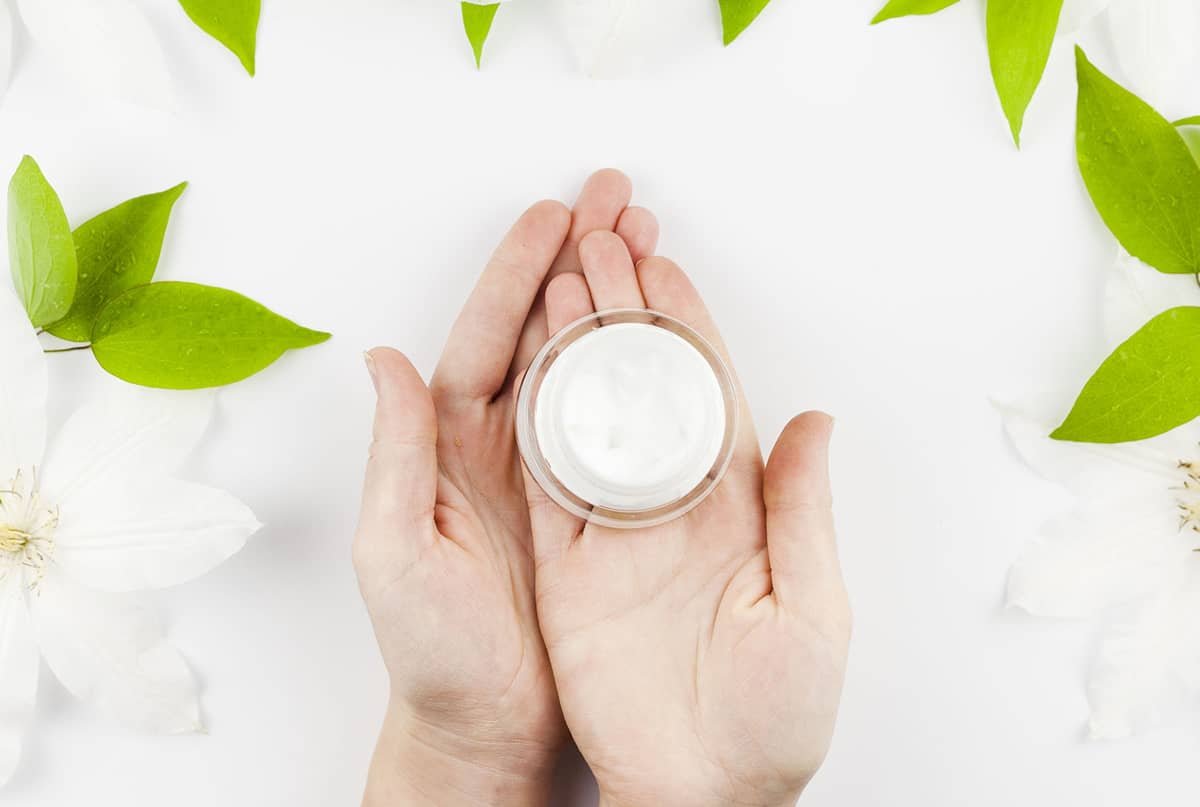
Acne Prevention Through Proper Hygiene: A Comprehensive Guide
Julia Thompson
August 3, 2023
Recommended For You
Menu